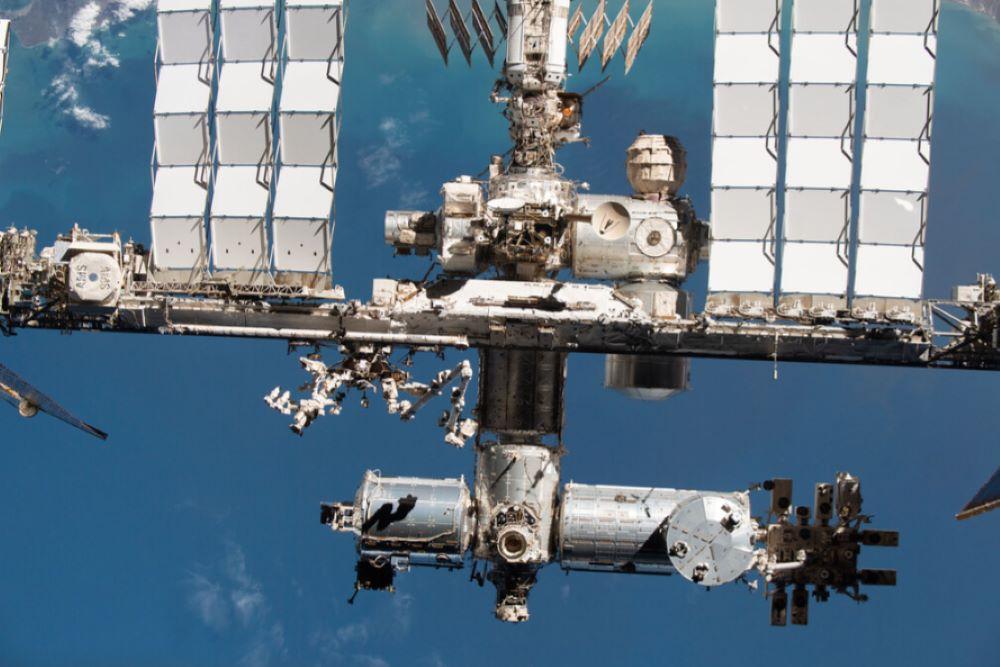
International Space Station
Credit: NASA
SpaceX will develop and build a spacecraft to drive the International Space Station (ISS) out of orbit after it is decommissioned, expected no earlier than 2030, NASA said on June 26. The contract for the U.S. Deorbit Vehicle (USDV), which will be owned and operated by NASA, is worth up to $843...
Subscription Required
NASA Awards SpaceX $843 Million Contract For ISS Deorbit Vehicle is published in Aerospace Daily & Defense Report, an Aviation Week Intelligence Network (AWIN) Market Briefing and is included with your AWIN membership.
Already a member of AWIN or subscribe to Aerospace Daily & Defense Report through your company? Login with your existing email and password.
Not a member? Learn how you can access the market intelligence and data you need to stay abreast of what's happening in the aerospace and defense community.




